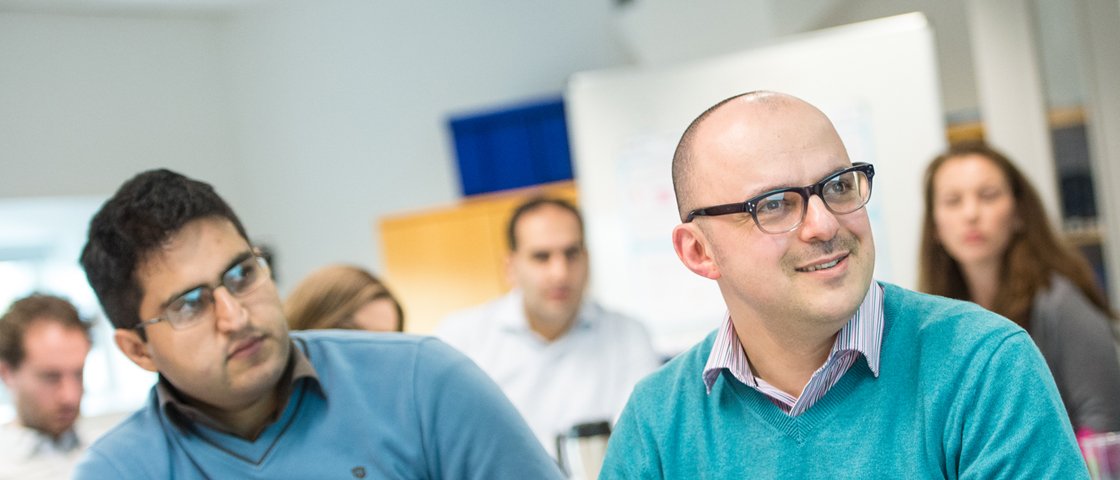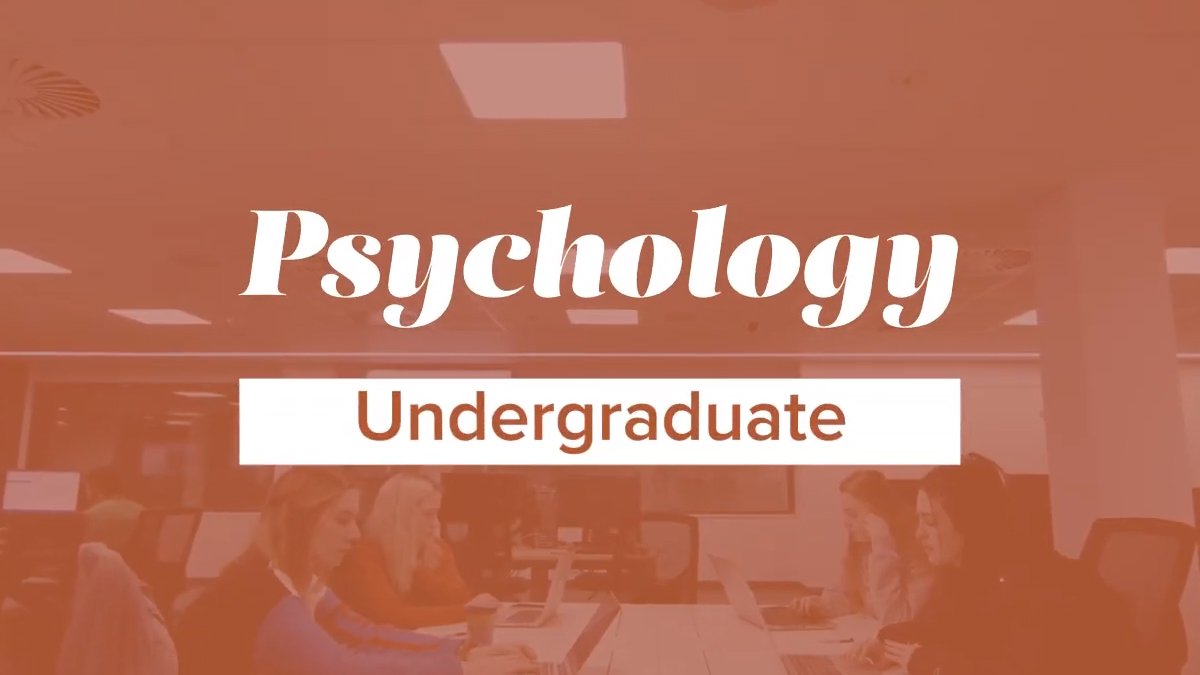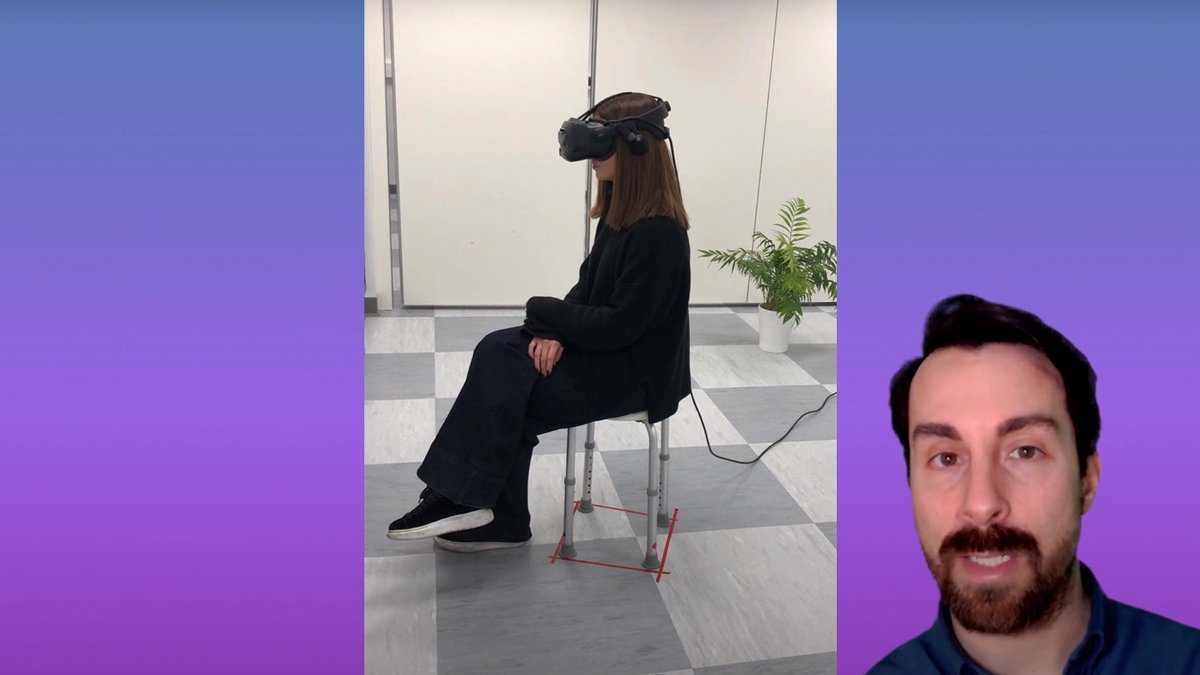Psychology
Psychology is the scientific study of behaviour, mental health and neuropsychological functioning. It seeks to understand what makes us who we are, how our minds work, and what influences our behaviour and social relationships.
By joining us at Surrey:
- You’ll learn from lecturers who are active researchers in key psychological areas such as behavioural, cognitive, developmental, personality and social psychology
- You’ll have access to our state-of-the-art facilities, including a six-room virtual reality suite and two observation laboratories, and you’ll get to use the latest equipment to conduct experiments
- You’ll have great graduate prospects - 97% of our undergraduate and postgraduate taught and 100% of our postgraduate research psychology graduates are in employment or further study (Graduate Outcomes 2025, HESA).
Wonderful things happen here
On our courses, you’ll be able to select modules tailored to your interests, access our state-of-the-art facilities, gain professional work experience, learn from a wealth of experts and enhance your employability.
Schools and departments
Wonderful things happen here
On our courses, you can specialise in a specific area of psychology, access our state-of-the-art facilities, learn from a wealth of experts and enhance your employability.
Students and graduates
Schools and departments
Research areas

Change your perspective
Seeing things differently is the essence of what we do. We see things not only as they are but as they could be.
Students and graduates
Research areas
Schools and departments


























